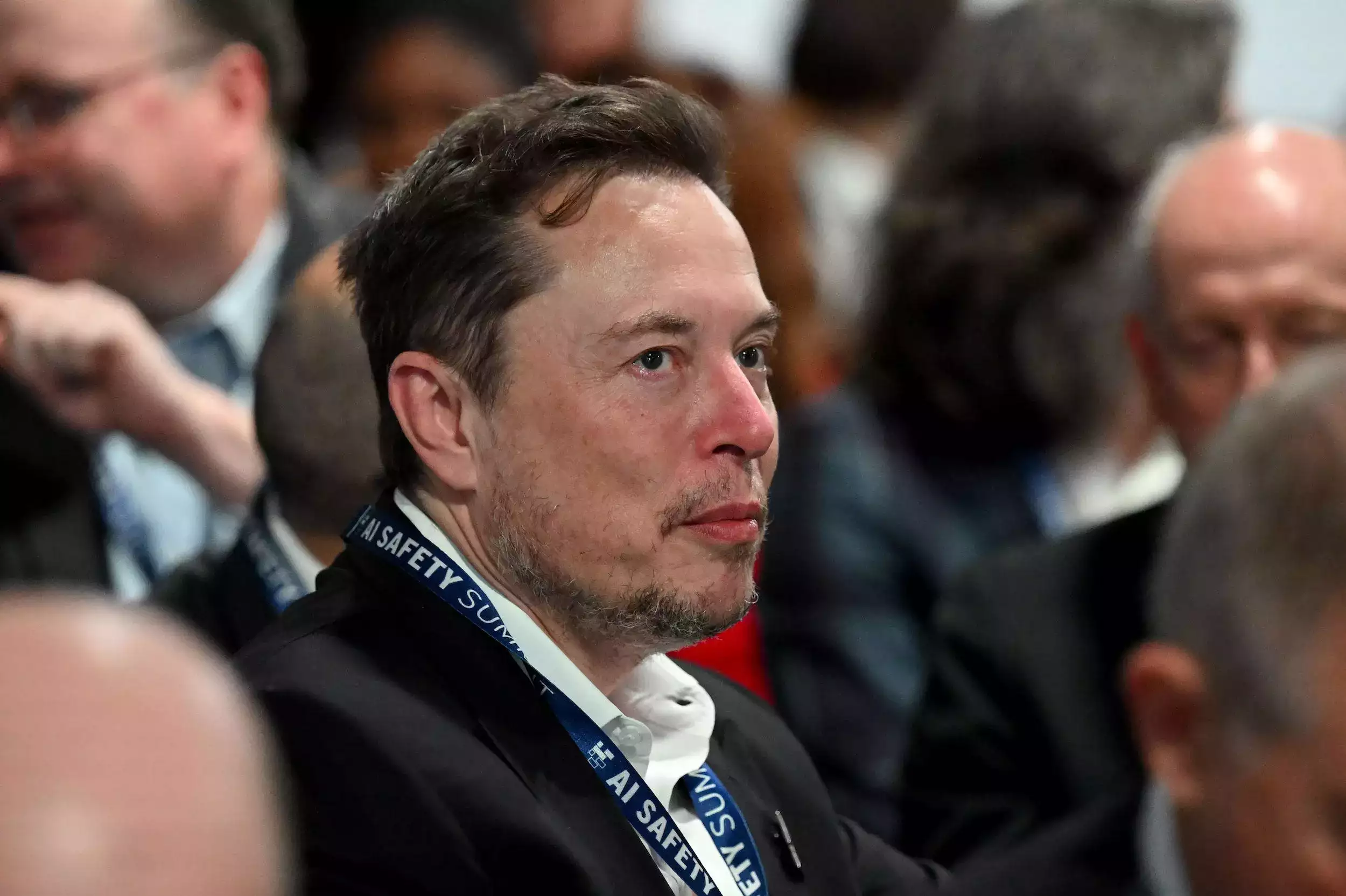AI Experts and Startups Warn Over Exclusion from UK AI Summit
The UK’s AI safety summit, currently taking place at the historic Bletchley Park, has drawn attention for its exclusive guest list, which includes tech executives, political leaders, and big tech companies. However, this has sparked concerns among AI startups and industry experts, who feel that their exclusion from the summit could result in the dominance of a few major tech companies in the future of AI.
Victor Botev, the founder of Iris Ai, a startup that has been developing AI products since 2015, expressed disappointment that smaller AI firms and open-source developers were overlooked in favor of bigger tech companies. He emphasized the importance of including diverse perspectives on AI regulation and suggested that the summit missed an opportunity limiting attendance primarily to world leaders and big tech companies.
These concerns come in the wake of accusations Yann LeCun, Meta’s chief AI scientist, who criticized AI companies like OpenAI, Anthropic, and Deepmind for engaging in fear-mongering and massive corporate lobbying to maintain control over AI.
The UK’s AI summit aims to bring together AI experts, tech leaders, and world leaders to address the risks associated with AI and establish regulations for the technology. However, it has faced criticism for focusing excessively on hypothetical superintelligent AI and neglecting the immediate needs of building a thriving AI ecosystem.
Ekaterina Almasque, a general partner at European venture capital firm OpenOcean, voiced concerns that the AI startup community, which will be greatly affected any proposed regulations, has been excluded from the event. Almasque stressed that industry voices, particularly those of startups, should be included in shaping regulations that directly impact technological development.
In response, a spokesperson for the UK government’s Department for Science, Innovation, and Technology, which organized the summit, assured that there is a range of attendees from international governments, academia, industry, and civil society, selected for their expertise and willingness to participate in discussions.
The summit has also drawn criticism from workers’ groups such as the UK’s Trades Union Congress and the American Federation of Labor and Congress of Industrial Organizations. These groups raised concerns about the potential impact of AI on white-collar jobs, with Goldman Sachs predicting that over 300 million jobs could be affected the technology.
An open letter signed over 100 individuals and labor groups highlighted the summit’s closed-door nature and its prioritization of big tech companies over those already experiencing the impact of generative AI, such as small businesses and artists. They described the limited guest list as a missed opportunity and cautioned against solely focusing on the hypothetical existential threats of AI, arguing that the true impact of AI must be addressed.
The UK AI summit is now at a critical juncture, with industry experts and startups calling for a more inclusive approach that acknowledges the contributions and concerns of all stakeholders. The future of AI depends on a balanced and comprehensive discussion that includes a diverse range of perspectives and sets the stage for responsible and inclusive AI development.

